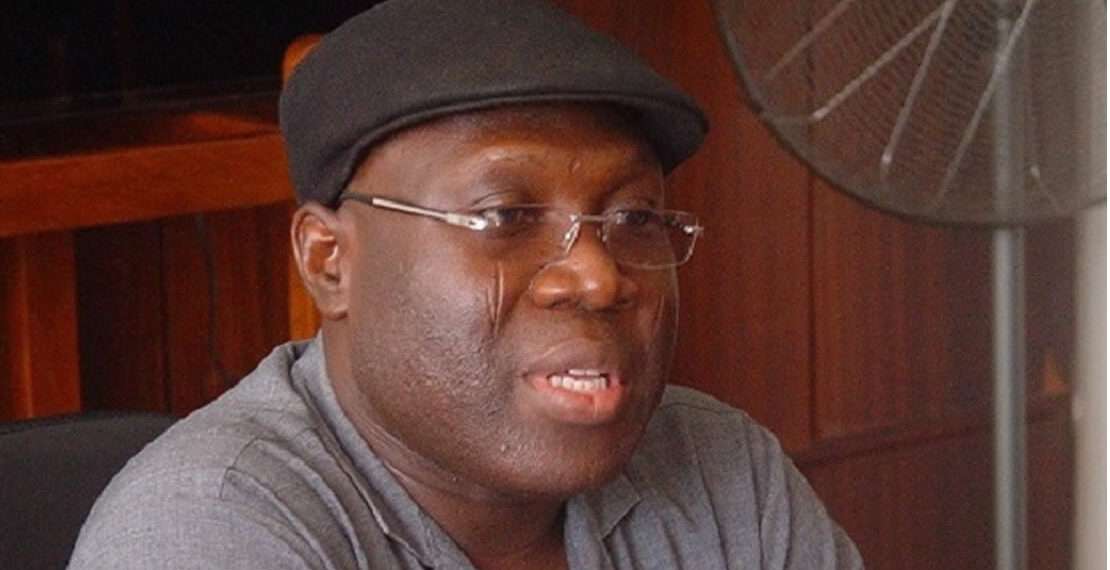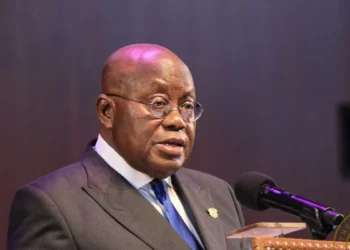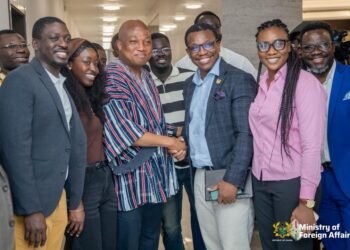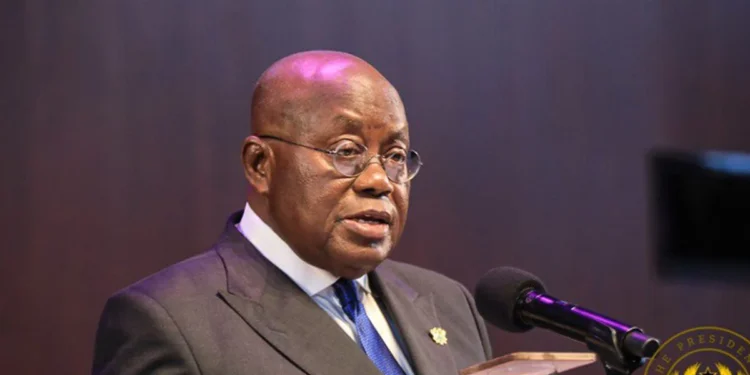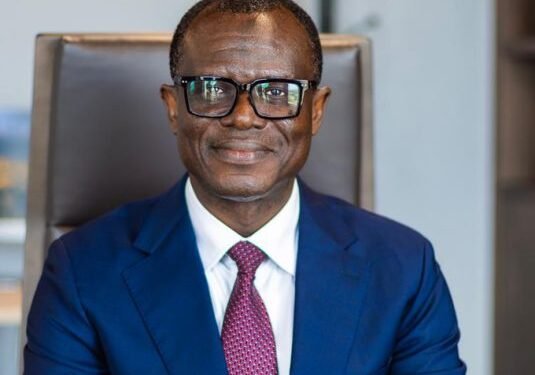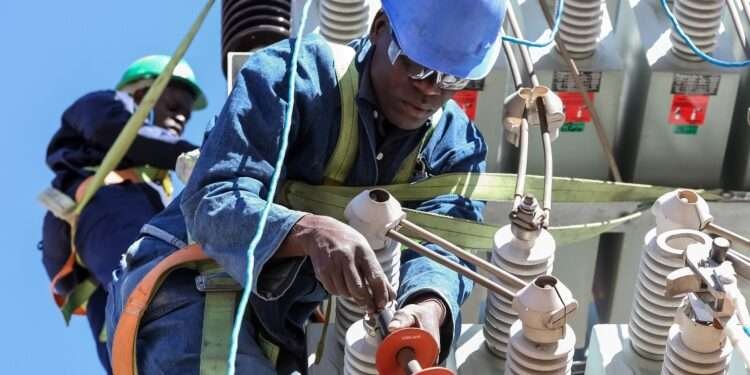Former Member of Parliament for Tamale Central Hon. Inusah Fuseini, has shared his views on the ongoing consultative process aimed at amending key provisions of the 1992 Constitution of Ghana.
In his remarks, Mr. Fuseini emphasized the need for reforms that will address certain institutional weaknesses that, he argued, are hindering the Constitution from delivering on its promise.
“We’ve been practicing the constitution for about 30 years now, and there are certain provisions in the constitution that clearly call for a relook because the constitution is failing to deliver the promise made to us in the preamble—to create equality of opportunity for all Ghanaians and prosperity.”
Hon. Inusah Fuseini Former Member of Parliament for Tamale Central
According to Mr. Fuseini, while the Constitution laid out clear objectives for governance, certain mechanisms embedded within it may need reevaluation. The former minister argued that the Constitution, in its current form, has not succeeded in fully realizing the ideals it set out to achieve.
“We need to look at the institutional mechanisms that we have put into the constitution to deliver the same. The institutions, the framework, and all those things. The constitution has come up for review, and some provisions must be tweaked in such a way as to ensure that the promise of the 4th republic is delivered.”
Hon. Inusah Fuseini Former Member of Parliament for Tamale Central
On Article 78(1) and Separation of Powers
One of the key proposals from the Constitution Review Consultative Meetings is the recommendation that Members of Parliament (MPs) who are appointed as ministers should resign from their legislative positions. He highlighted that the current system, which allows the President to appoint ministers from Parliament, has led to the weakening of parliamentary oversight over the executive.
“The principle of separation of powers, says that no one institution must have an overbearing influence on another institution to compromise the rights and liberties of an individual in the state. Now the hybrid constitution, which is the fulcrum of our democratic experiment, in Article 78(1), states that the president can appoint a majority of his ministers from parliament [and] that creates diffusion.”
Hon. Inusah Fuseini Former Member of Parliament for Tamale Central
According to Mr. Fuseini, this hybrid system incorporates elements of both the Westminster and presidential forms of government. However, he observed that this model has, in practice, diluted the ability of Parliament to effectively hold the executive accountable, a situation that needs urgent reform.
“ …Ghana is one of the few countries that is practicing this kind of system, and we realized that the Article 78 has worked to weaken Parliament in its oversight responsibility over the executive.”
Hon. Inusah Fuseini Former Member of Parliament for Tamale Central
Weakening of Parliamentary Oversight
Mr. Fuseini went on to elaborate on how this arrangement compromises Parliament’s ability to execute its core mandate—namely, holding the executive arm of government accountable. He explained that when MPs are appointed to ministerial roles, their legislative functions often take a backseat to their new executive responsibilities. This, in turn, weakens the legislature’s overall effectiveness in ensuring checks and balances on the executive.
“… the president draws from Parliament and the prospect of a member of parliament occupying the, I mean, transitioning into the executive, you will see that Parliament, as presently constituted, is failing in its responsibility to hold the executive accountable.’’
Hon. Inusah Fuseini Former Member of Parliament for Tamale Central
He added that this weakening of parliamentary oversight compromises democracy itself, as one of the central functions of Parliament is to act as a check on the powers of the executive. He noted; ”…That means that if Parliament is unable and unwilling to hold the executive accountable, that institution, which is a critical bulwark for democracy, is failing.”
Mr. Fuseini’s remarks underlined the importance of reviewing and amending key provisions of the 1992 Constitution, especially those relating to the separation of powers and the appointment of ministers from Parliament. According to him, the current system is flawed as it compromises the effectiveness of Parliament in providing oversight over the executive, thereby weakening the overall democratic framework of Ghana. His called for constitutional reforms comes at a time when many Ghanaians are reflecting on the effectiveness of the Constitution after more than three decades of practice.
As the consultative meetings on the Constitution review continue, the input of experienced politicians like Mr. Fuseini must be taken into account to ensure that the necessary amendments are made to strengthen Ghana’s democratic institutions. By revisiting these provisions, the country could take an important step toward realizing the full promise of the Fourth Republic—equality, accountability, and prosperity for all Ghanaians.
READ ALSO; Camidoh Highlights Industry Gaps

